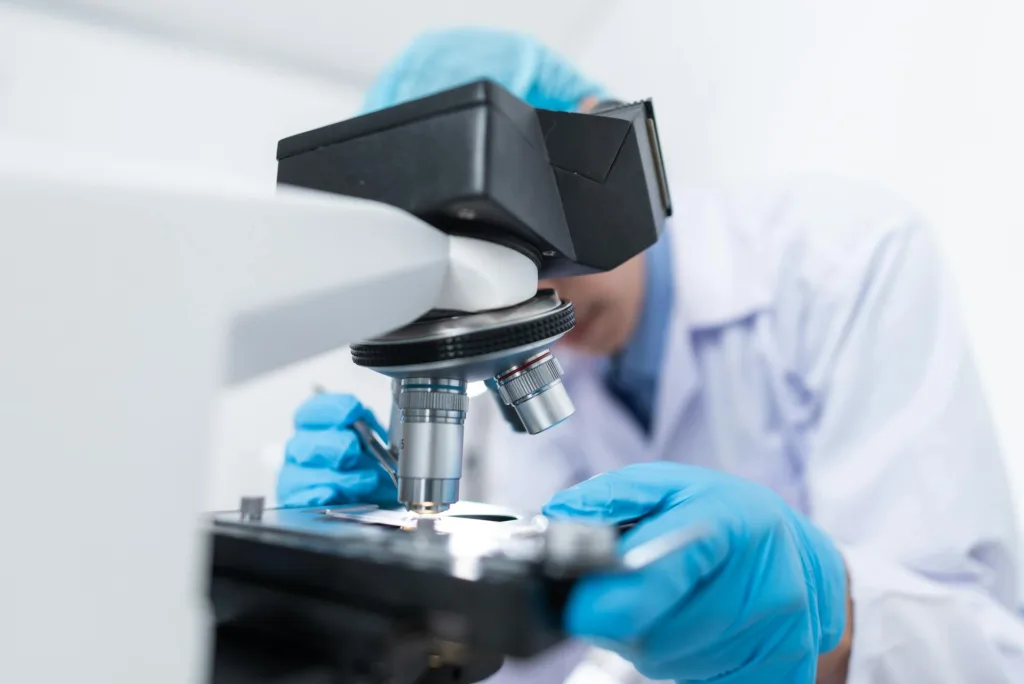Amid concerns about malaria’s impact on overall health, attention turns to its potential effects on the skin.
Investigating whether malaria leads to symptoms like rashes, itching, or alterations in skin tone is essential for understanding the disease’s effects and seeking appropriate medical care.
Common Malaria Symptoms
Malaria manifests with a range of symptoms, primarily affecting the body’s vital organs, including the liver and red blood cells. Common symptoms include:
- Fever and chills
- Headache and muscle aches
- Nausea and vomiting
However, the presence of skin-related symptoms varies depending on the type and severity of malaria infection.
Rash and Itchiness in Malaria
While a rash and itchiness are not considered hallmark symptoms of malaria, certain types of malaria infections, such as Plasmodium falciparum, may occasionally present with these skin manifestations.
The appearance of a rash in malaria is typically non-specific and may resemble other viral or bacterial infections, making it challenging to diagnose based solely on skin changes.
Skin Discoloration and Malaria
Skin discoloration, characterized by darkening or changes in pigmentation, is not a direct consequence of malaria infection. However, in severe cases of malaria, complications affecting multiple organs, including the liver and kidneys, can lead to jaundice, a condition characterized by yellowing of the skin and eyes due to elevated bilirubin levels in the blood.
Differentiating Malaria from Other Skin Conditions
Diagnosing malaria based on skin symptoms alone is challenging due to the non-specific nature of skin manifestations. Itchiness and rash may result from various causes, including allergic reactions, viral infections, and dermatological conditions unrelated to malaria. Therefore, healthcare providers rely on comprehensive clinical assessments, laboratory tests, and patient history to confirm a malaria diagnosis.
Diagnostic Tools for Malaria
To confirm malaria infection, healthcare providers may perform diagnostic tests such as:
- Blood smears
- Rapid diagnostic tests (RDTs)
- Polymerase chain reaction (PCR) assays
Blood smears are commonly used to visualize the malaria parasite under a microscope, allowing for accurate species identification and determination of parasite density in the bloodstream.
Skin Biopsy and Malaria Diagnosis
In cases where skin-related symptoms raise suspicion of severe malaria, healthcare providers may consider skin biopsies to evaluate for signs of microvascular obstruction, a complication associated with severe Plasmodium falciparum infection.
However, skin biopsies are not routinely performed for malaria diagnosis and are reserved for specific clinical scenarios where severe malaria is suspected.
Treatment and Management
Once diagnosed, malaria treatment aims to eliminate the parasite from the body and alleviate symptoms. The choice of antimalarial medication depends on various factors, including:
- The infecting Plasmodium species
- The severity of the infection
- The patient’s age and medical history
Commonly used antimalarial drugs include malarone, chloroquine, artemisinin-based combination therapies (ACTs), and other medications such as mefloquine and doxycycline.
Complications and Skin-related Issues
In severe cases of malaria, where complications such as cerebral malaria or acute kidney injury occur, skin-related symptoms may develop as a consequence of organ dysfunction.
For example, jaundice resulting from liver impairment can manifest as yellowing of the skin and sclerae (the white part of the eyes), indicating the need for immediate medical attention and supportive care.
Post-Malaria Care
Following successful treatment and recovery from malaria, some individuals may experience post-malaria complications, including lingering fatigue, muscle weakness, and cognitive impairment. While skin-related symptoms such as rash and itchiness typically resolve with effective malaria treatment, any persistent or concerning skin changes should prompt further evaluation by a healthcare professional.
Skin Discoloration, Itching and Rashes Are Not Common – But May Occur For Some Individuals
While malaria primarily affects the body’s internal organs, skin-related symptoms such as rash, itchiness, and discoloration may occasionally occur, particularly in severe cases of infection. However, these skin manifestations are non-specific and can resemble other dermatological conditions, making accurate diagnosis challenging.
Healthcare providers rely on a combination of clinical assessments, laboratory tests, and patient history to confirm malaria infection and initiate appropriate treatment. Early recognition of malaria symptoms and prompt medical intervention, such as antimalarials that we offer at Runway Health, are essential for preventing complications and promoting recovery.

